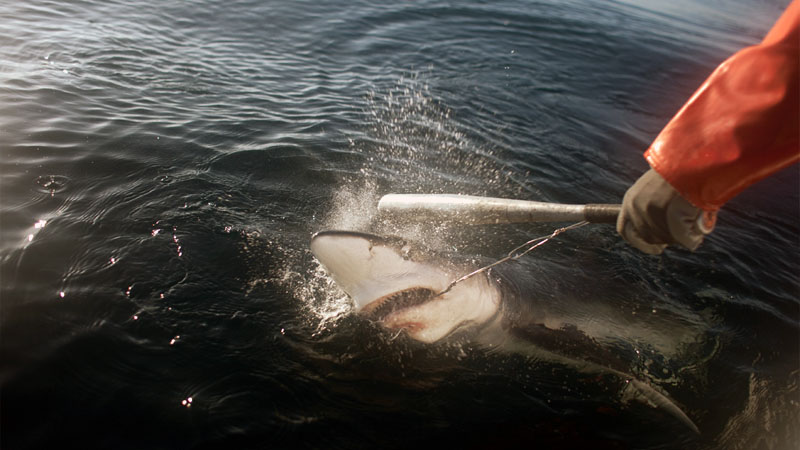Exclusive content

In the coastal town of Matamoros, Mexico, shrimp fishing plays a pivotal role in the local economy and culture. However, with great opportunity comes great responsibility, as outlined by the recent statements from Conapesca delegate Miguel Torre Romero. The enforcement of bans on shrimp fishing during specific periods underscores the critical need for sustainable practices and adherence to regulatory frameworks.
Strict Penalties for Violators
According to Torre Romero, severe penalties await those who defy the current ban on shrimp fishing. These penalties include fines exceeding half a million pesos (USD 27.57 thousand), extended periods of arrest, and the confiscation of essential fishing tools and vehicles used in the illegal activity. Such measures are not merely punitive but serve as a deterrent against non-compliance with established conservation laws.
Despite the stringent consequences, Torre Romero emphasizes a positive trend among the fishing community in recent years. He notes a growing awareness among fishermen regarding the importance of these closed seasons. By refraining from fishing during these periods, fishermen actively contribute to the sustainability and future productivity of shrimp populations. This collective consciousness highlights a proactive approach toward conservation efforts within the local fishing industry.
Promoting Species Reproduction
Central to these regulations is the preservation of shrimp populations for future generations. Torre Romero underscores that the bans on shrimp fishing aim to protect the species during critical reproductive phases. By respecting these closures, fishermen play a vital role in ensuring robust shrimp populations and, consequently, sustainable fishing opportunities in the long term.
Looking ahead, Torre Romero reiterates that the current bans on both shrimp and shark fishing will conclude in mid-July. This temporary cessation period is crucial for allowing the species to regenerate and flourish undisturbed.